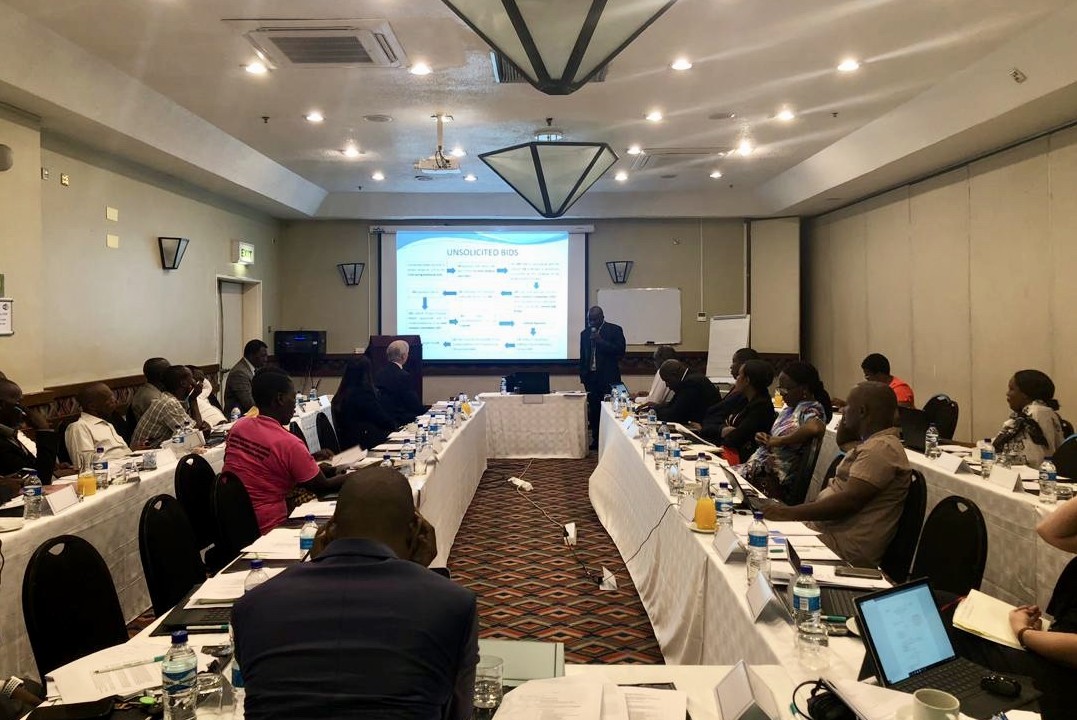
The theme of the roundtable, organized by the International Senior Lawyers Project (ISLP) and the Zimbabwe Environmental Law Association (ZELA) is “Transparency as a key driver for economic development: Taking a look at Public-Private Partnerships and Mineral Concessions in Zimbabwe.”
Zimbabwe is endowed with large reserves of natural resources, specifically in minerals such as gold, platinum, and diamonds. Although boasting such large reserves, the majority of the population still faces sustained poverty and unemployment. The Zimbabwean government has been unable to effectively engage in mining operations (i.e. due to shortage of financial capital, appropriate technologies, skills resources, among others), therefore weakening the country’s comprehensive mining endeavors. To put this into perspective, ZELA notes that “statistically, the country is said to have more than 60 known minerals, 40 of which are being under exploited.” This cycle of underdevelopment is further bolstered by the export of low-priced, unprocessed goods, and the import of expensive finished products.
PPP’s have been acknowledged as an avenue to leveraging the financial capital and technological and skills resources necessary to direct mining projects with efficacy. This mechanism provides a flexible framework in which the effective resources and skills of the private sector are mobilized to provide better-quality, sustainable, and cost-effective public services. If implemented correctly, PPP’s may have a critical role to play in ensuring sustainable environmental development, and also economic development that can alleviate the cycle of poverty in Zimbabwe.
Considering the underdevelopment that has taken place in mining areas of Zimbabwe, and understanding the need to uphold environmental, economic, social and cultural rights, this roundtable aims to link transparency in the granting of mineral concessions and other resource-based economic projects. It plans to pursue this through the following:
- Creation of an inclusive and participatory forum for discussion and sharing of information by communities, civil society organizations (CSOs), Government, and mining companies on transparency and accountability in the mining sector.
- Influencing mining sector reforms to advance transparent and accountable mineral governance and economic development.
- Identifying and promoting best practices and reforms in order to advance transparency and accountability in the mining sector.
